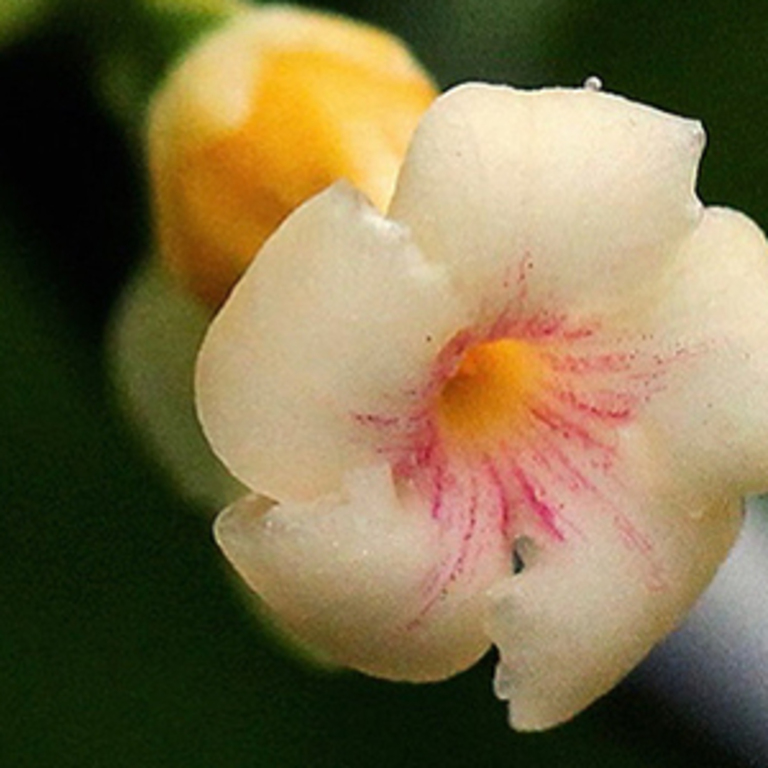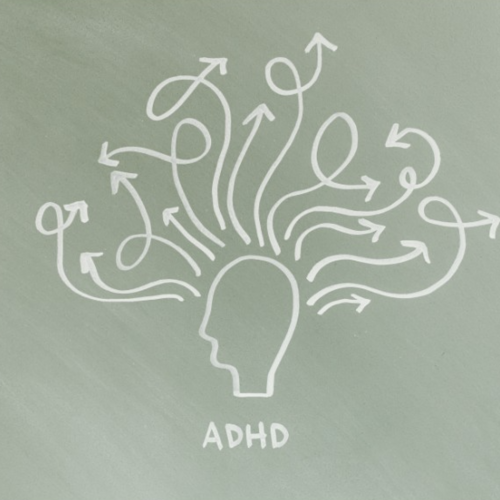ADHD & ADD
Information
There is a growing interest in microdosing Iboga as an alternative treatment for attention deficit hyperactivity disorder (ADHD) and attention deficit disorder (ADD). The distinction between these two conditions has now been officially removed and both are placed under the category of ADHD, but in the population, we can observe a marked difference. Individuals with ADHD will be more active and extroverted, whereas those suffering with ADD are usually more subdued.
Those who are interested in exploring this treatment option will already know how these conditions affect them, so I won’t waste time giving an overview here.
I was personally diagnosed with ADD as a child and prescribed Ritalin, in order to treat my symptoms. I believe that it is often, but not always the case that the environment is to blame for this neurodivergence being described as a disorder, rather than a difference. For example, the classroom setting demands sitting still for long periods of time and focussing on narrow areas. Perhaps different ways of learning are appropriate for this group and under other circumstances such differences would be recognised as beneficial. We live within a civilisation and society that is structured in a one size fits all way and in so many ways, this leads to the notion that something is wrong with us.
Gabor Mate, in his book Scattered Minds, suggests that there may be a link between ADHD and early life trauma. Unresolved trauma stays present within us on an unconscious, somatic level and may be the basis for distractibility, nervous system and neurological disruption. It is interesting to consider these various ways of looking at ADHD, but ultimately we often do have to live in a world that can’t accommodate our differences and in which we may be disadvantaged by them.
It is worth mentioning here that symptoms of ADHD often impact an individual’s developing sense of self. As we experience difficulties with focus, this can result in internalising notions of being naughty or disobedient, disruptive, inadequate, socially different and many other difficulties.
We have observed that many patients who seek treatment for substance misuse may also have a diagnosis of, or likely undiagnosed ADHD. ADHD may be a neurodivergence, or it may be resultant of early trauma. In any case, we suspect that it is very often a cause or contributory factor in further trauma, which may be highly significant in attempts to self-medicate and the genesis of addictions to substances, to harmful habits, compulsions and self-misperceptions and self-limiting beliefs.
My time taking Ritalin came to an end after only a few months, as even as a child I discovered that I didn't feel myself whilst on them. After all, these are stimulants, not so different from speed or crystal meth. Their effect aims to modify the balance of dopamine, the reward and focus neurotransmitter in the brain. Unfortunately this is a very crude way to address the problems we face. I tried Ritalin again only a few years ago, whilst struggling with productivity, but remembered very quickly why I had previously refused to take my meds.
I and others have found that Iboga microdosing provides a much better solution, offering both a calming and stabilising effect, alongside mild stimulation, that provides the focus that is helpful for maintaining productivity, without feeling drugged up in an undesirable way. At these low doses, there is very little apparent perceptual distortion or experiential challenges. The effects, of a properly calibrated dose will be almost sub perceptual.
Iboga creates an enhanced state of neuroplasticity and promotes the growth of brain cells and neurological connections, which means that aside from the alleviation of symptoms, there is an opportunity to create accelerated habit formation and the breaking of undesired habits. It may be the case that Iboga microdosing for ADHD is ideally a temporary measure, that could create lasting positive changes.
An important consideration, if considering this medicine, for this reason, is that it can be very dangerous or even life threatening to combine stimulants, like ADHD meds, with Iboga. Iboga will increase their strength in a potentially very dangerous way. This is also true for other medicines and so a great deal of care must be taken, to take proper precautions.
It is essential that those who choose this alternative treatment work under the supervision of an experienced treatment provider, who can offer direction and its advisable that they also work with an experienced coach, to make the most of the medicine.
A final consideration, when looking to Iboga to replace Ritalin, or any of the pharmaceutical stimulants that may have been prescribed for you ADHD, is that Iboga is used very effectively for treating addiction to crystal meth, which happens to be a very similar molecule. Iboga not only interrupts addiction to meth, but it also helps to heal the brain from the damage or changes caused by these chemicals.
As a disclaimer, at this point this treatment route is mostly speculative and experimental and there is inadequate evidence to make firm claims of its effectiveness. I am unable to advise or recommend that anyone else tries Iboga for ADHD or ADD.
I am able, however to offer psychotherapy and coaching for those who are suffering with ADHD, with, or without Iboga, which is left to your discretion and at your own risk.





